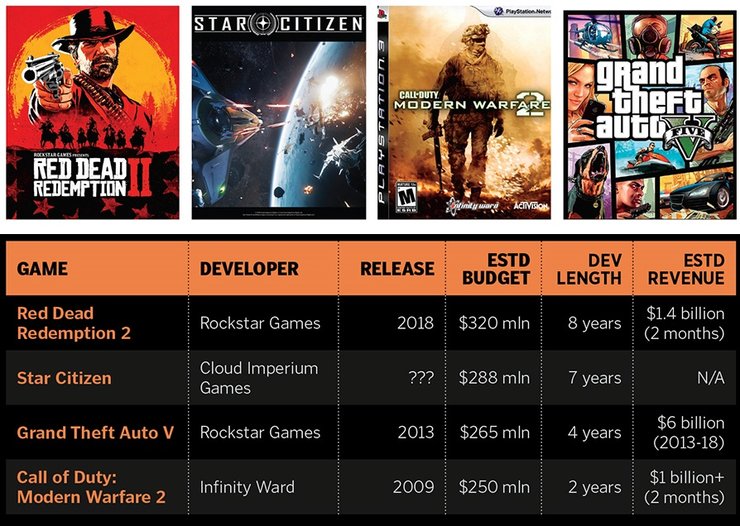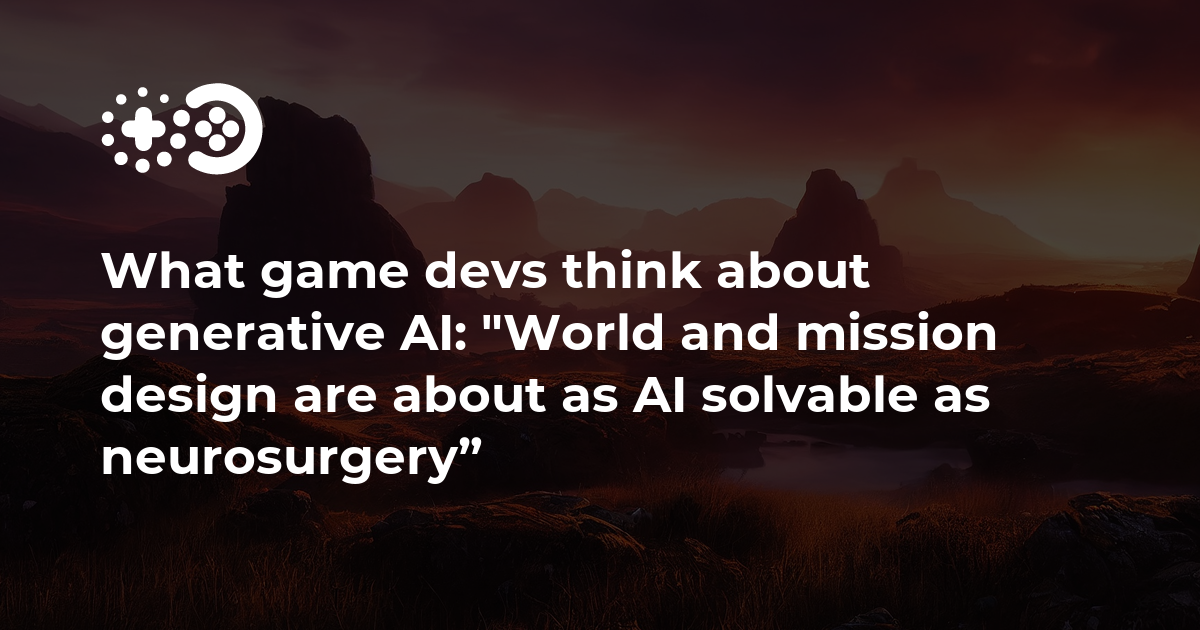Intro
The increased sophistication of AI in recent times will disrupt many industries. An industry that it might disrupt the most is Video Games. Video games are arguably the most complex form of entertainment, consisting of various artistic techniques. As a result of this complexity, video games are very difficult to develop, however with ongoing developments of AI, the process could be changed forever. The expanding category of generative AI could potentially change the future of video game development for the foreseeable future. There seems to be a debate from many in the industry that advanced AI will not deliver these promises. I’ll explore both sides of the argument in this blog.
What is Generative AI?
As the name suggests, generative AI is a category of machine learning that uses algorithms to generate entirely new creative content. Developers use models to create an AI that can learn through patterns in data, thus creating something entirely brand new. We have seen this type of machine learning grow in popularity recently with Chat GPT and DALL-E. Chat GPT is one of the most advanced forms of this technology we’ve seen so far. This type of technology is touted as having the possibility to change the creative content world. While there are many issues with the current AI, money and research are pouring in as public opinion is becoming more and more positive. Large investors like Sequoia believe trillions of dollars can be generated from the field of generative AI and over 150 start-ups have emerged in the last few years. This surge in popularity may boost the scale of these models creating better AI in time.
Generative AI and Video Games
While AI has existed in gaming since the very beginning, there has been an increased push for AI to help develop games. As it stands now video games take lots of resources to produce due to the vast amount of working pieces. Developers must animate each frame individually as well as dialogue, music, and sound effects. The main argument for the use of this AI is developers would no longer have to animate each frame by hand but instead have them generated by an AI. This would drastically decrease the time and money needed to create large games. The quality of the games could also skyrocket. Imagine a game where the environments can be instantaneously generated using AI. While this type of technology is still quite far away, it could completely disrupt how the video game industry operates.

Industry Against AI
Many within the video game industry are calling generative AI a hype machine. Patrick Mills, a video game developer, says that many of the AI models are “designed to create specific outcomes,” and that many people believe this technology to be a “general intelligence.” This lack of understanding has seemingly led to lots of frustration within the community. Another reason many industry insiders believe this hype to be fraudulent is the existing technologies used. Procedural generation already exists and has been used in many large games to create massive worlds. Games like No Man’s Sky have used this to create large space environments. This technology still takes lots of human intervention and seems to create undetailed areas. Developers believe that generative AI would have a similar effect and not be as groundbreaking as the hype has created. Developers believe there would need to be very large improvements very fast for this technology to be implemented in an impactful way.
Conclusion
This argument seems to be a contentious one that I don’t fully understand. It is interesting to see the pushback of technology from the video game industry, especially since AI would partly automate their jobs. AI is definitely in the hype phase of its life cycle and I’m curious to see how long before this technology could feasibly be used in video game development. The ethics of this decision also begs to be looked at, as it seems creative careers are being pushed aside.
